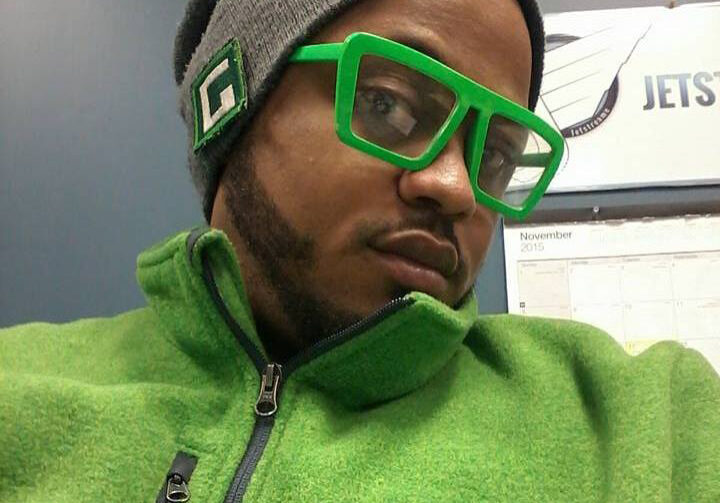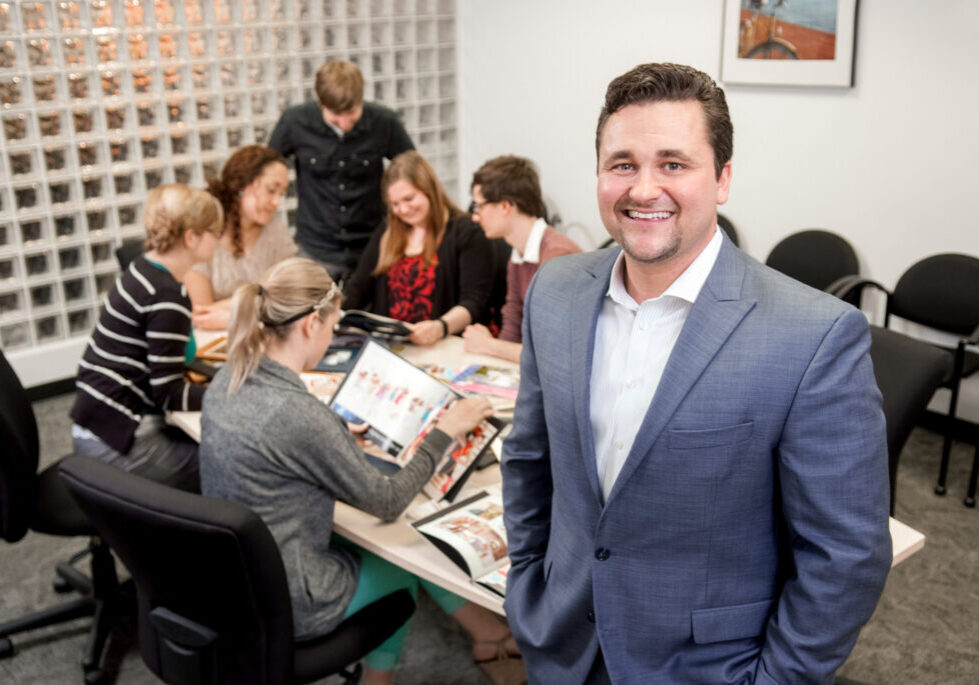Entrepreneurs face a lot of challenges — and those challenges are amplified for minority startup founders. Understanding the barriers to equity in entrepreneurship is the first step in overcoming them. That’s what NexusLA’s first RESOLVE virtual micro-conference set out to do.
“There are a lot of glaring inequities in the tech startup ecosystem,” said NexusLA CEO Genevieve Silverman. People of color are historically underrepresented in technical fields. Black employees make up 11.9% of workers, but only 7.9% of people in computer and math occupations. Even more concerning, Black employees fill only 2% of senior positions at venture capital firms.
Silverman and RESOLVE moderator Emanuel “Boo” Milton hosted a discussion on equity in entrepreneurship. Here’s what all startup founders can do to create a more inclusive community.
Build Equity Into Capital Access
Minority entrepreneurs are at a disadvantage when raising capital. “My challenge has always been resources,” said serial entrepreneur Courtney Sparkman. Most lenders only provide minority startups with enough money to fail, he said. Racial wealth gaps amplify this problem, Silverman said, since most initial capital comes from friends and family.
There are even more challenges for Black women seeking capital, pointed out Sherin Dawud, who co-founded Power Pump Girls, Inc with Raina Vallot. Their nonprofit startup supports women in the community, but the foundations they pitched to consisted mainly of men, Dawud said. Communicating the need for their nonprofit was difficult, Vallot said, when investors are not diverse.
Mentorship and community can offset some of the problems with equity in capital access. Mentorships pass on knowledge from one generation of entrepreneurs to the next. Founders, especially minority founders, can now put frameworks in place to mentor the next generation of minority entrepreneurs. Creating a broader community that is aware of and committed to eliminating inequity can ultimately close the gaps. “The impact that you create will transcend generations,” Milton said.
Provide Opportunities to Minority-Owned Startups
But a mentor’s advice and community support alone aren’t enough to overcome generations of systemic racism. These disparities have deep roots, and minority entrepreneurs need better opportunities to achieve equal access. The city of Baton Rouge does not currently have a Disadvantaged Business Enterprise (DBE) program, says construction and real estate developer Anthony Kimble, but such a program is in the works. DBEs, like this one from the Department of Transportation, provide opportunities for minority-owned businesses like Kimble’s to earn government contracts.
There are generally fewer opportunities in both the public and private sectors for minority-owned entrepreneurs. But there are other resources out there to help even the playing field. The Small Business Development Center provides free consulting and resources for entrepreneurs. The Southern University Law Clinic offers free legal services surrounding trademarking and entity formation. NexusLA and the Louisiana Technology Park offer free coaching and opportunities for raising capital and making connections. Minority entrepreneurs are often not aware of the wealth of resources available to them.
Be Your Authentic Self
Minority entrepreneurs face stereotypes and discrimination when raising capital or connecting with peers. For example, when networking with white investors, Black entrepreneurs often “code switch,” or change their appearance or mannerisms to match their white peers. “I need to make sure they understand that I’m a ‘good guy,’” Sparkman said. Milton echoed that sentiment, telling a story about being uncomfortable wearing a black hoodie to present on a national stage.
Startup founders and entrepreneurs should make space for themselves and their minority employees to embrace their culture and self-presentation. “We need to be comfortable as Black people,” Kimble said. He’s unapologetic in being his authentic self and encourages his employees to dress and present themselves however they choose. “This is a generation where we can start breaking down those barriers,” Milton said.
Watch the RESOLVE recording here, and be sure to save your seat for RESOLVE: Part II.



